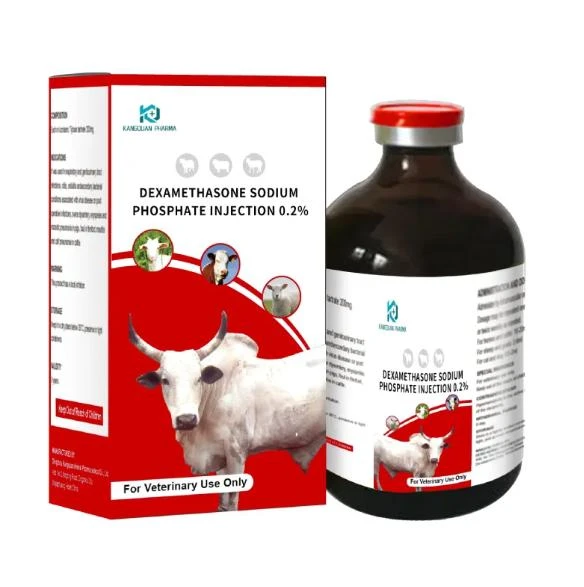- Afrikaans
- Albanian
- Amharic
- Arabic
- Armenian
- Azerbaijani
- Basque
- Belarusian
- Bengali
- Bosnian
- Bulgarian
- Catalan
- Cebuano
- Corsican
- Croatian
- Czech
- Danish
- Dutch
- English
- Esperanto
- Estonian
- Finnish
- French
- Frisian
- Galician
- Georgian
- German
- Greek
- Gujarati
- Haitian Creole
- hausa
- hawaiian
- Hebrew
- Hindi
- Miao
- Hungarian
- Icelandic
- igbo
- Indonesian
- irish
- Italian
- Japanese
- Javanese
- Kannada
- kazakh
- Khmer
- Rwandese
- Korean
- Kurdish
- Kyrgyz
- Lao
- Latin
- Latvian
- Lithuanian
- Luxembourgish
- Macedonian
- Malgashi
- Malay
- Malayalam
- Maltese
- Maori
- Marathi
- Mongolian
- Myanmar
- Nepali
- Norwegian
- Norwegian
- Occitan
- Pashto
- Persian
- Polish
- Portuguese
- Punjabi
- Romanian
- Russian
- Samoan
- Scottish Gaelic
- Serbian
- Sesotho
- Shona
- Sindhi
- Sinhala
- Slovak
- Slovenian
- Somali
- Spanish
- Sundanese
- Swahili
- Swedish
- Tagalog
- Tajik
- Tamil
- Tatar
- Telugu
- Thai
- Turkish
- Turkmen
- Ukrainian
- Urdu
- Uighur
- Uzbek
- Vietnamese
- Welsh
- Bantu
- Yiddish
- Yoruba
- Zulu
Nov . 25, 2024 22:48 Back to list
tilmicosin phosphate premix
Tilmicosin Phosphate Premix A Comprehensive Overview
Tilmicosin phosphate, a semi-synthetic macrolide antibiotic, has gained significant attention in veterinary medicine, particularly in the livestock industry. Its primary function is to treat bacterial infections, especially those caused by respiratory pathogens in livestock such as pigs and poultry. This article delves into the formulation and utilization of tilmicosin phosphate premix, highlighting its efficacy, application, and safety considerations.
Understanding Tilmicosin Phosphate
Tilmicosin is derived from the naturally occurring macrolide antibiotic, tylosin, and was developed to enhance its pharmacological properties. It works by inhibiting protein synthesis in bacteria, ultimately leading to cell death. Tilmicosin phosphate is often formulated as a premix, meaning it is combined with other ingredients to create a stable and easy-to-use product for mixing with animal feed or water.
The mode of action of tilmicosin is particularly advantageous in treating respiratory diseases, which are prevalent in controlled animal farming settings. Pathogens such as Mycoplasma hyopneumoniae in pigs and various bacterial agents in poultry can lead to severe economic losses due to decreased growth rates and increased mortality.
Formulation of Tilmicosin Premix
Tilmicosin phosphate premix is typically manufactured to ensure a uniform distribution of the active ingredient throughout the feed. This formulation is essential for achieving the therapeutic effects while minimizing the risk of underdosage or overdosage. The premix may contain various excipients that aid in stability, improve bioavailability, and enhance palatability for the animals.
The recommended dosage of tilmicosin phosphate varies depending on the species, the type of infection, and the severity of the condition. It is crucial for veterinarians to provide accurate dosing instructions to farm operators, as proper usage is vital for both the efficacy of treatment and the prevention of antibiotic resistance.
Benefits of Using Tilmicosin Phosphate Premix
One of the significant advantages of tilmicosin phosphate premix is its therapeutic effectiveness against a broad spectrum of bacteria responsible for respiratory diseases. The primary benefits include
tilmicosin phosphate premix

2. Rapid Onset of Action Animals treated with tilmicosin often exhibit improvements within a short period, making it an effective option for outbreak situations.
3. Low Incidence of Side Effects When used responsibly, tilmicosin phosphate is generally well-tolerated by animals, posing a lower risk of adverse effects compared to some other antibiotics.
4. Reduction of Antibiotic Resistance By using tilmicosin phosphate within recommended guidelines, farmers may help slow the development of antibiotic-resistant bacterial strains, an increasingly critical global health concern.
Safety and Regulatory Considerations
Despite its benefits, the use of tilmicosin phosphate must be managed carefully. Regulatory bodies such as the U.S. Food and Drug Administration (FDA) and the European Medicines Agency (EMA) have established guidelines to ensure the safe and effective use of this antibiotic in veterinary practice.
Farmers must adhere to withdrawal periods—the time required for the drug to clear from the animal's system before slaughter. Failure to comply can lead to residue violations, posing risks to human consumers and potential economic repercussions for producers.
Safety measures are also vital regarding human exposure, as tilmicosin can be harmful if not handled properly. Proper personal protective equipment should be worn when mixing and administering this medication.
Conclusion
Tilmicosin phosphate premix represents a frontline defense against bacterial respiratory infections in livestock. Its ease of use, rapid action, and low side-effect profile make it a valuable tool for veterinarians and farmers alike. However, responsible usage and adherence to safety regulations are essential to maximize its benefits while mitigating potential risks. As the livestock industry continues to evolve, maintaining responsible antimicrobial stewardship will be crucial in ensuring animal health and safeguarding public health interests.
-
Guide to Oxytetracycline Injection
NewsMar.27,2025
-
Guide to Colistin Sulphate
NewsMar.27,2025
-
Gentamicin Sulfate: Uses, Price, And Key Information
NewsMar.27,2025
-
Enrofloxacin Injection: Uses, Price, And Supplier Information
NewsMar.27,2025
-
Dexamethasone Sodium Phosphate Injection: Uses, Price, And Key Information
NewsMar.27,2025
-
Albendazole Tablet: Uses, Dosage, Cost, And Key Information
NewsMar.27,2025













